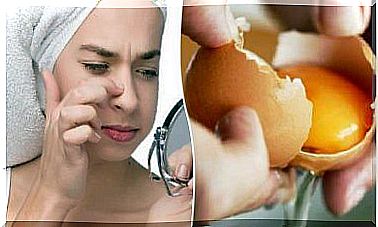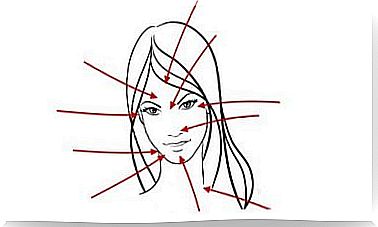Should We Be Taking Extra Vitamin D?
To get vitamin D you need to eat certain foods and get moderate sun exposure, although in some cases your doctor may recommend a supplement.
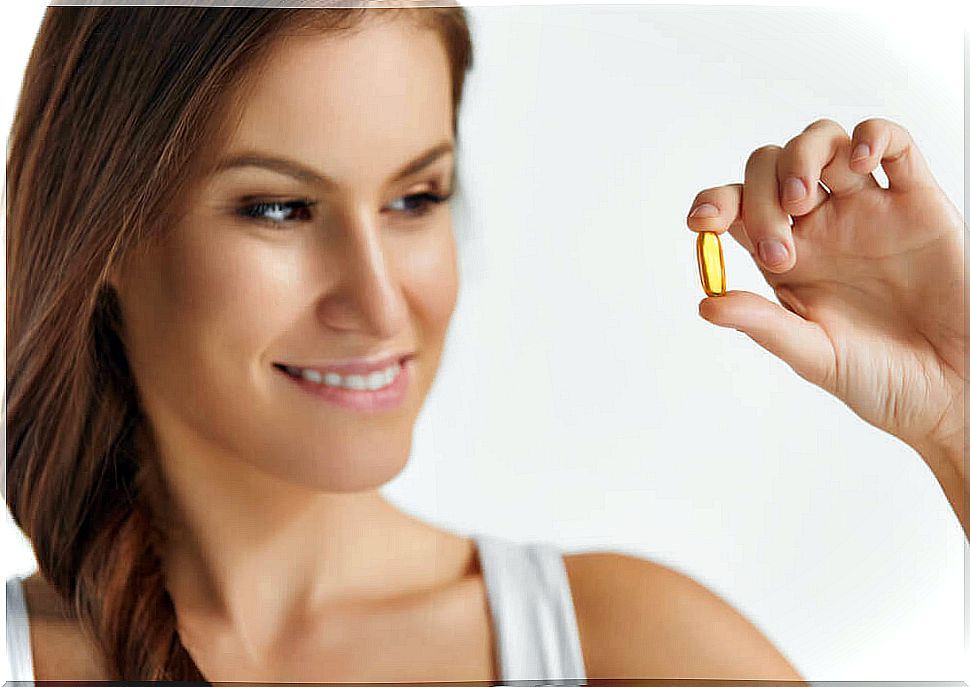
Vitamin D plays an essential role in our body : it helps absorb calcium. It also plays a fundamental role in the nervous, muscular and immune systems.
Vitamin D deficiency can therefore lead to serious bone problems such as osteoporosis or rickets. Find out in this article the best time to consume vitamin D and how.
What is vitamin D?
Vitamin D is a fat soluble provitamin (identical to A, E and K) whose function is to allow good absorption of calcium. In fact, it acts as a hormone in the metabolism of this compound.
Certain diseases such as rickets, osteomalacia or osteoporosis are linked to the lack of calcium, but its origin is due to a poor absorption of this mineral (Ca) due to a lack of vitamin D.
This poor absorption can be due to:
- A deficiency of this vitamin in the diet
- Low exposure to the sun
- Any liver or kidney disorder
- There are also drugs that interfere with its absorption
Vitamin D deficiency
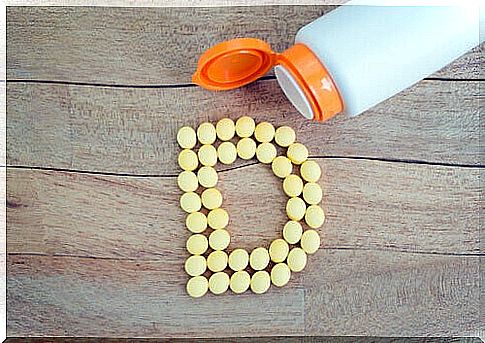
If we don’t get or absorb enough vitamin D in our body, we will experience loss of bone density.
This problem can lead to osteoporosis or to suffer from fractures more easily.
It can also lead to bone and muscle weakness, pain, and osteomalacia in more severe cases.
For children, this lack of vitamin D usually causes rickets, a disease that softens and bends the bones.
In addition, in a more subtle and difficult to detect way, vitamin D deficiency could also influence cases of diabetes, hypertension, autoimmune diseases or cancer.
However, this latter relationship has yet to be investigated.
How do we get it?
We can get vitamin D in three different ways:
- Through the skin, by exposure to the sun. In this case, our body will create this vitamin naturally.
- Through diet, by consuming foods that contain this vitamin.
- With supplements.
The recommended daily amount of this vitamin is 1000 IU for adult women and men.
The best source: the sun

When we take the sun, our skin receives ultraviolet (UV) rays which activate a fundamental compound in the formation of vitamin D.
Vitamin D is available to the body in the same way as if we had consumed it with food.
- It is possible to tan without protection, but respecting a maximum exposure of 30 minutes.
- Ideally, start with 5 minutes a day and increase weekly until your skin gets used to the sun’s rays.
- It is never safe to sunbathe for hours without protection.
Sources in food
By consuming foods that contain vitamin D, we absorb it in the intestine through the action of the bile. This confirms the importance of good liver function in the absorption of this vitamin.
In the same way, we can say that the dysfunction of the liver or the gallbladder strongly imbalances its absorption.
Foods of animal origin rich in vitamin D include:
- High fat blue fish (salmon, tuna, sardines or mackerel)
- Cod liver oil
- Beef and turkey liver
- Egg yolk
- Cheese
- Butter or ghee
- Raw milk
We can also find foods of plant origin that also contain vitamin D :
- Mushrooms
- Lawyer
- Broccoli
- Almond
There is also a wide variety of products fortified with vitamin D, such as milk, margarine or cereals.
However, vitamin D found naturally or in supplements is always more recommended.
When should we take supplements?
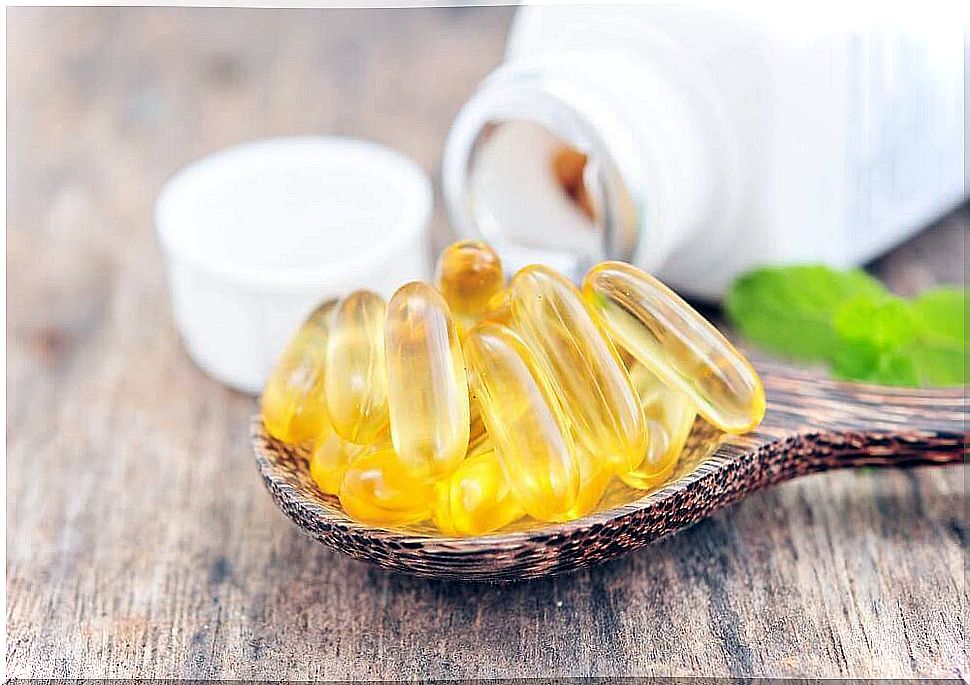
When we live in areas with little sun where we cannot frequently expose our skin to the sun, or in winter, it is necessary to strengthen ourselves with a vitamin D3 supplement.
This should be almost essential for people who do not consume foods of animal origin.
They are also indicated when we tend to suffer from low absorption of calcium, or during menopause if we detect a decrease in bone density.
In general, this vitamin is well tolerated at doses up to 2000 IU. However, we should not exceed 1000 IU without medical supervision.
Did you know that problems with depression and mood swings can be linked to a lack of vitamin D? It is decisive when it comes to releasing endorphins.
